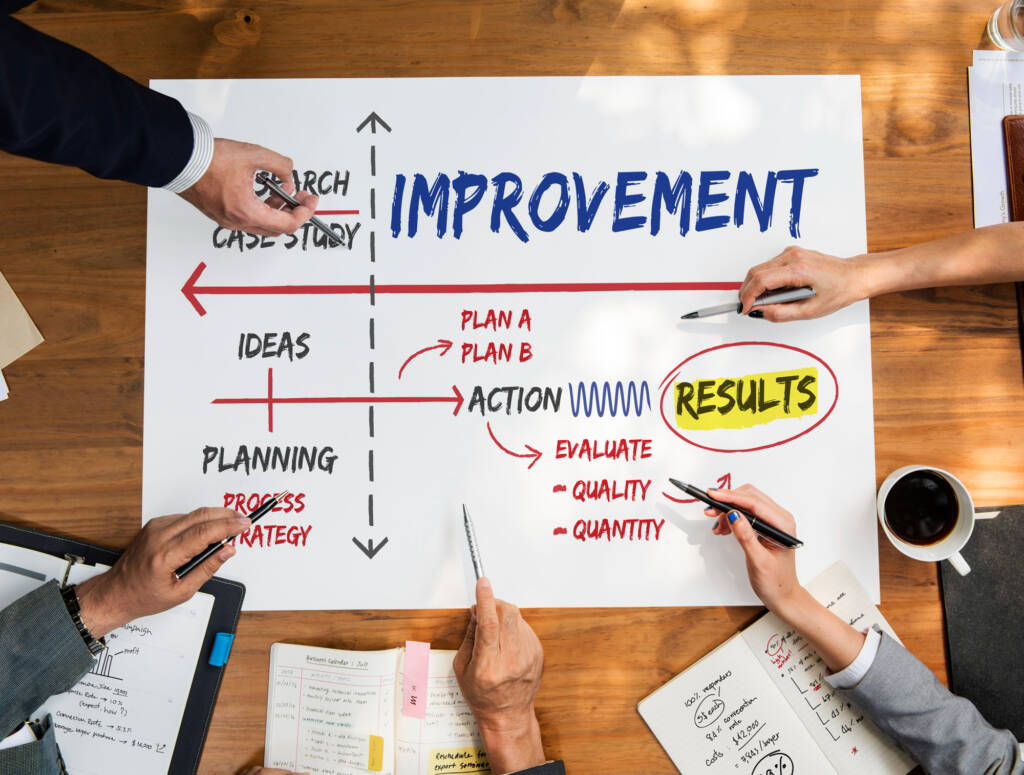In today’s fast-paced world, time is a precious resource. We all have 24 hours in a day, but how effectively we use those hours can make a significant difference in our productivity and overall well-being. Time management is the key to maximizing productivity and achieving a healthy work-life balance. By implementing effective strategies and prioritizing tasks, individuals can accomplish more in less time while maintaining a sense of equilibrium in their personal and professional lives.
The first step to effective time management is setting clear goals. By defining what needs to be accomplished, individuals can allocate their time and efforts accordingly. Breaking down larger goals into smaller, actionable tasks helps in creating a sense of focus and direction. It is important to prioritize tasks based on their importance and urgency, as this ensures that the most critical activities are completed first.
Another crucial aspect of time management is avoiding distractions. In today’s digital age, there are countless distractions that can divert our attention and consume valuable time. Social media, email notifications, and unnecessary meetings are just a few examples. It is essential to establish boundaries and limit the time spent on non-productive activities. Techniques such as the Pomodoro Technique, where work is divided into focused intervals with short breaks in between, can be highly effective in maintaining concentration and reducing distractions.
Efficient planning and organization are fundamental to effective time management. Creating a schedule or using a planner can help individuals visualize their commitments and deadlines, enabling them to allocate time effectively. It is crucial to estimate the time required for each task realistically and avoid overcommitting. Additionally, organizing the workspace and decluttering digital files can save significant time in locating information and resources when needed.

While dedicating time to work is important, it is equally crucial to prioritize personal well-being and maintain a healthy work-life balance. It is essential to set boundaries and allocate time for personal activities, hobbies, and spending quality time with family and friends. Engaging in regular exercise, practicing mindfulness or meditation, and getting adequate rest are essential for recharging and maintaining optimal productivity.
Furthermore, effective time management involves learning to delegate tasks and seek support when necessary. Recognizing one’s strengths and weaknesses allows individuals to assign tasks to others who may be better suited to handle them. Delegating not only frees up time but also promotes collaboration and teamwork.

Finally, it is important to periodically evaluate and adjust time management strategies. As circumstances change, priorities may shift, and it is necessary to reassess and adapt accordingly. Reflecting on one’s productivity and identifying areas for improvement helps in refining time management techniques and achieving better outcomes.
In conclusion, time management is a vital skill for maximizing productivity and maintaining a healthy work-life balance. By setting clear goals, avoiding distractions, planning effectively, and prioritizing personal well-being, individuals can accomplish more in less time while still finding time for personal fulfillment. Time management is an ongoing process that requires self-discipline and continuous improvement. With consistent practice, individuals can master the art of time management and unlock their full potential in both their personal and professional lives.



